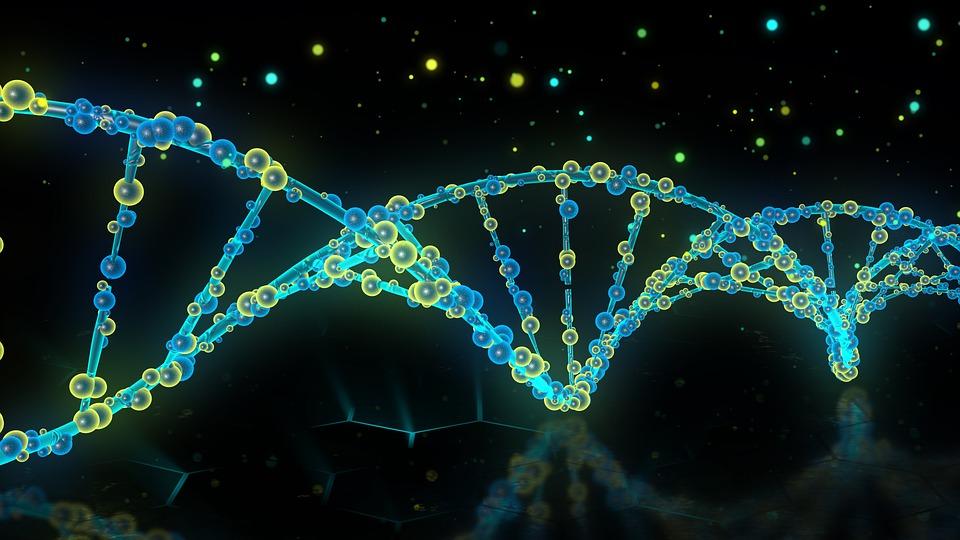
Grades:
9th Grade, 10th Grade, 11th Grade
In this engaging lesson, students will delve into the fascinating world of phylogenetics, using the DNA sequences and genetic information of their selected organisms to construct an automated

Grades:
3rd Grade, 4th Grade, 5th Grade
This lesson plan is an introduction to basic coding for students in 3rd - 5th grade. There is an activity that involves no technology before they go on a computer to practice their coding skills!
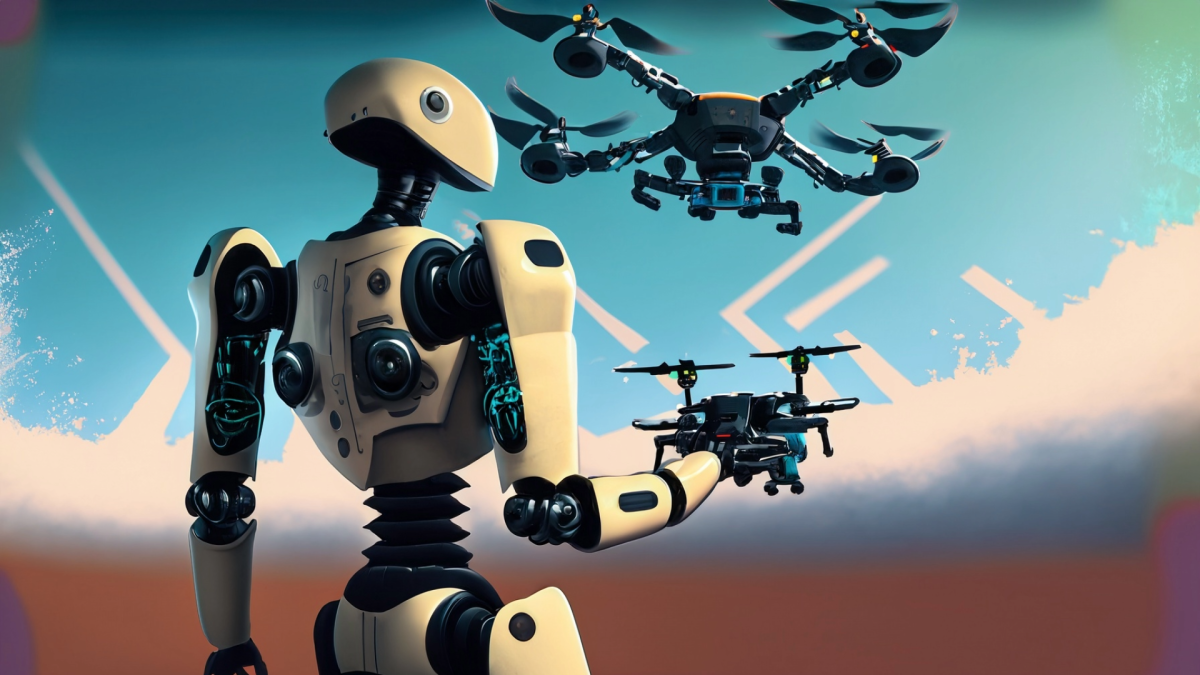
Grades:
6th Grade, 7th Grade, 8th Grade
Students will learn the importance of clear, precise communication by directing a partner to navigate a drone through an obstacle course. This exercise will draw parallels to writing clear and

Grades:
6th Grade
Students discover how plants and soils interact by observing root growth, considering the function of a plant’s roots, modeling the movement of water into the roots, and investigating the movement of

Grades:
Kindergarten, 1st Grade, 2nd Grade, 3rd Grade
Students will learn about the engineering design process by working in small groups to identify a problem, then design and create a solution, inspired by the main character's creativity and problem

Grades:
6th Grade, 7th Grade, 8th Grade
This lesson helps engage student voice in developing stronger research questions and projects on topics about which they are interested, curious, and passionate. The Question Formulation Technique

Grades:
6th Grade, 7th Grade, 8th Grade
Money, creative urge, ego, desire to help others, intellectual challenge and curiosity - inventors develop ideas for all of these reasons and all are valid, according to Invention City. During this

Grades:
Kindergarten, 1st Grade
This lesson is intended to teach students where seeds come from to grow fruits and vegetables. Students will participate in a seed investigation by reading a story and then finding seeds in various
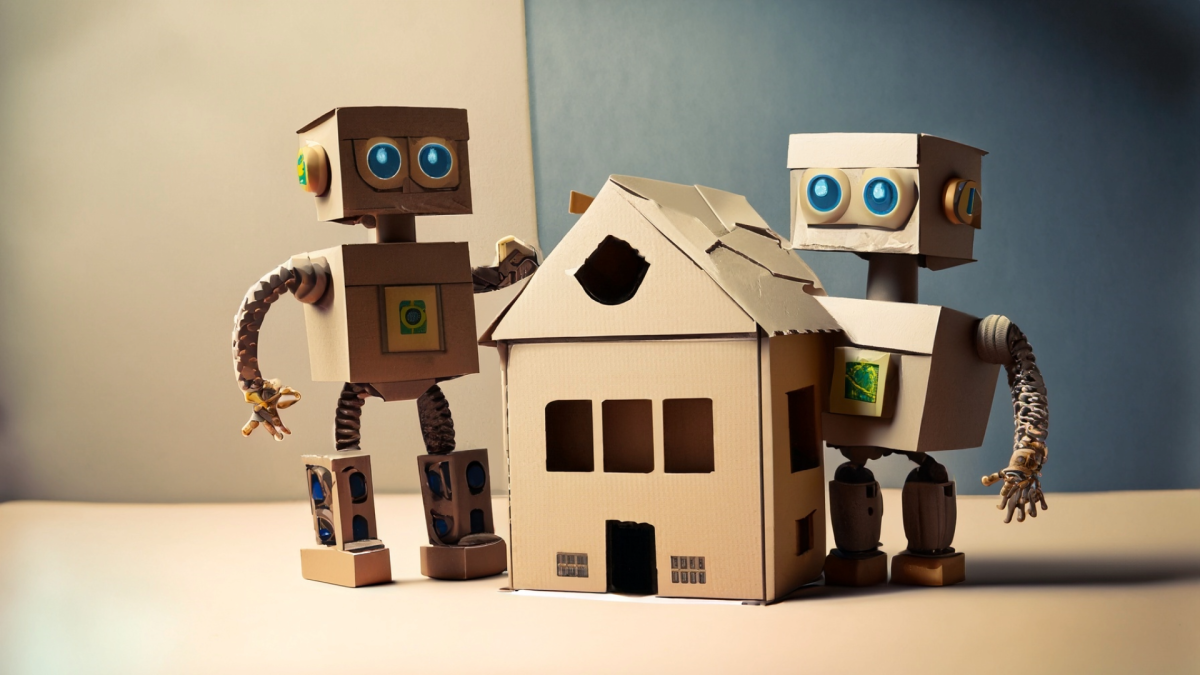
Grades:
3rd Grade, 4th Grade, 5th Grade
This lesson encourages students to use their imagination, design and construct something out of cardboard and other recyclables if you choose. Students will first be inspired by reading Pete the Cat’s

Grades:
3rd Grade
This lesson incorporates a paired reading of Healer of the Water Monster by Brian Young. Students will engage in this lesson after reading the book which makes connections of the dangers and aftermath

Grades:
Kindergarten, 1st Grade, 2nd Grade
Using the book There Was a Coyote Who Swallowed a Flea, students will participate in a lesson about desert animals, learn facts about coyotes, then work in small groups to code "coyote" robots to

Grades:
10th Grade, 11th Grade, 12th Grade
From learning the basics of the endocrine system (organs) to creating a 3d visual model of a patient and demonstrating how hormones are released across the body, students will go from simple to

Grades:
Kindergarten, 1st Grade, 2nd Grade
Teachers don't talk trash, they talk COMPOST!! Compost is the best way to teach students the value of community as they create a Classroom Compost Program. In this 3-day introductory lesson, students
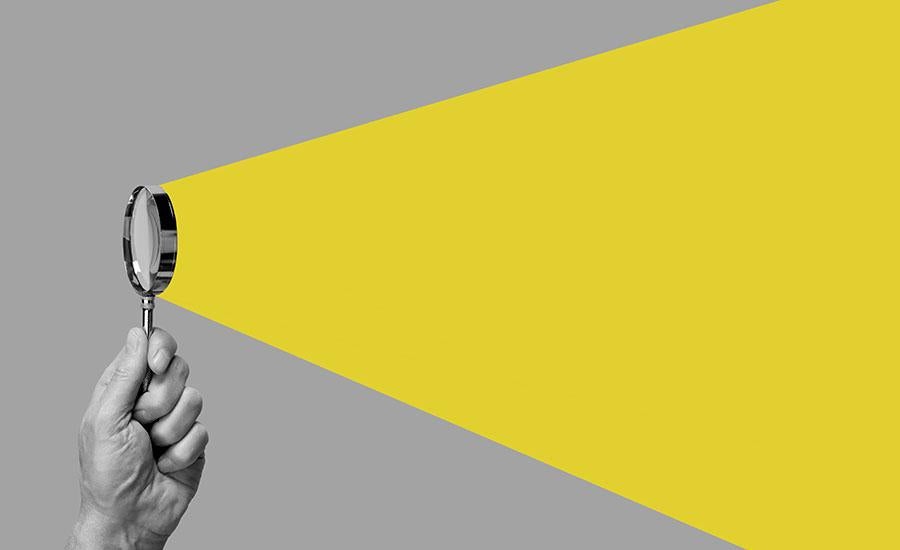
Grades:
4th Grade
Students use knowledge of light and shadows to create and perform a shadow puppet performance.

Grades:
2nd Grade
This is a week long review activity to be done outdoors on student devices. Students will complete physical/ outdoor activities and see how math fits into their daily life. This is meant to be done in

Grades:
Kindergarten
Discuss with students how the size and shape of a structure helps to make different areas and shapes of shade. You might briefly discuss how some structures block the sunlight from the top only, while
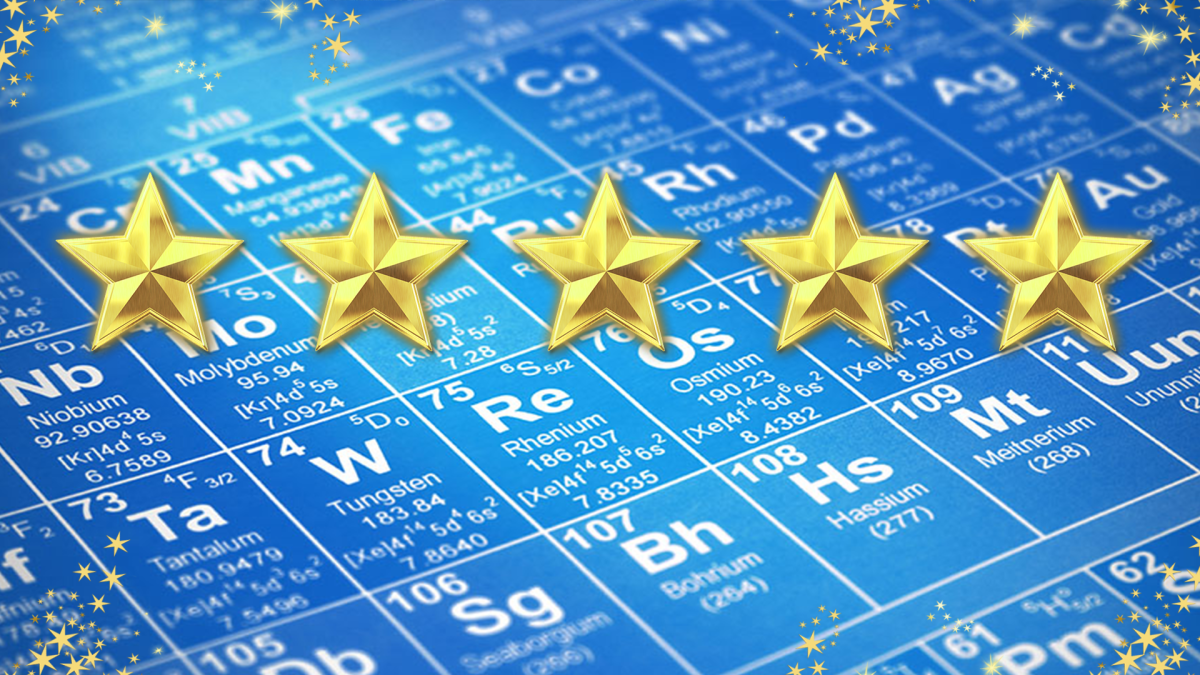
Grades:
9th Grade, 10th Grade, 11th Grade, 12th Grade
The first rule in the chemistry lab is “don’t eat or drink or lick anything in the lab”! This lesson breaks those rules and shows students how culinary is really a practical application of chemistry

Grades:
5th Grade, 6th Grade, 7th Grade
In this lesson, students will explore the concept of reflection in mathematics through the creation and design or original Rangoli patterns. Students will gain an understanding of reflectional
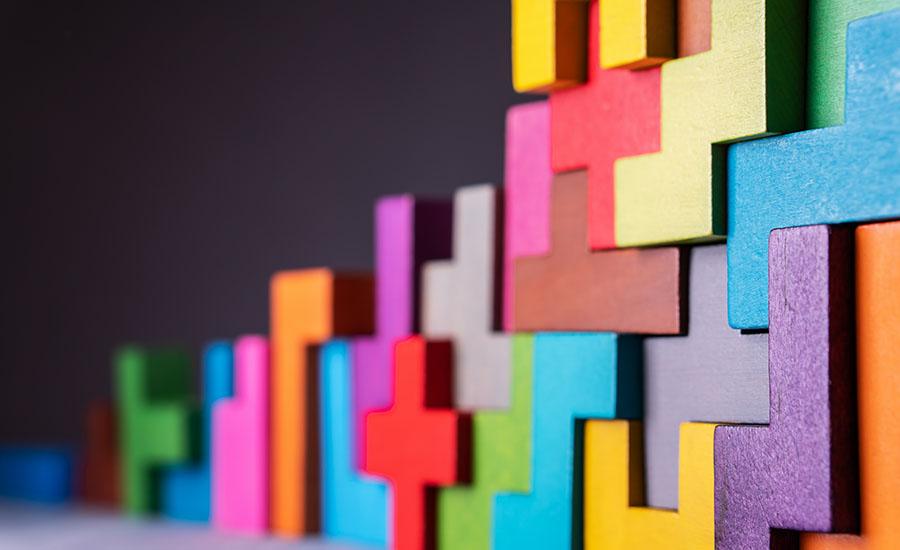
Grades:
11th Grade, 12th Grade
Students will design and build eco-friendly Art Deco-inspired miniatures of party venues from "The Great Gatsby" by learning principles of geometry, engineering, and sustainability, and culminating in

Grades:
11th Grade
Students will identify and address problems from "Animal Farm" through STEM projects by collaborating in small groups to research, develop proposals, and present solutions, with tailored support and

Grades:
2nd Grade, 3rd Grade
Students will research a biome around the world, including 3 animals, 3 plants, and 3 nonliving parts of the ecosystem. Students will construct a diorama of the biome and illustrate a natural disaster

Grades:
5th Grade
In this fifth grade lesson plan, students extract DNA after reading about a young girl who is persistent in showing her parents she can be responsible. Students engage in identifying character traits

Grades:
3rd Grade
Students will go through the engineering design process to come up with a product that will solve a real life problem. By the end of the unit, students will design their product, make their product

Grades:
1st Grade
In this first grade set of lessons, students will participate in science, math, experiments, and literature questions. Read Apples by Gail Gibbons and learn about the importance of washing your hands.


